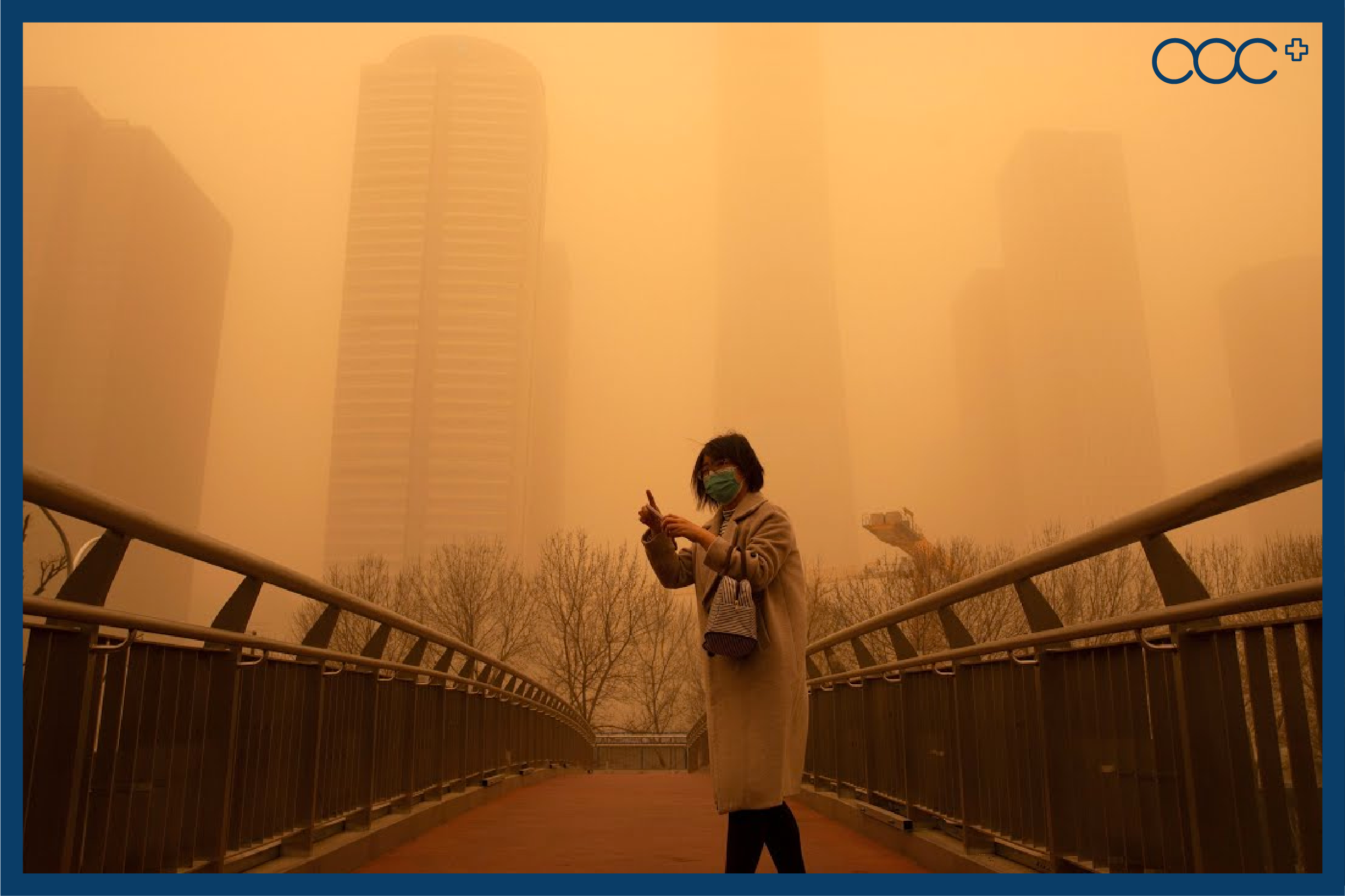Let me tell you some informational knowledge first!
Do you know how much air we need to inhale every day?
Everyone inhales 10,000 liters of air every day. If you use a 2-liter water bottle as a unit, you will inhale more than 5,000 pieces of air 24 hours a day!
Let me give you another example. An adult, in a resting state, breathes and inhales about 0.5 liters of air each time. Calculated by breathing 14 times per minute, it is equivalent to inhaling about 7 liters of air, 1,440 minutes a day When you get down, you will inhale about 10,080 liters of air and remove it with 2 liters, not 5,040 bottles! If you add a little exercise every day, the breathing will deepen and accelerate, and the amount of each inhalation will reach 4 to 5 times that of rest.
 Let’s get to the point. If you don’t have pneumonia, do you still need to wear a mask when the air quality is poor ? Let me first talk about what is PM2.5.
Let’s get to the point. If you don’t have pneumonia, do you still need to wear a mask when the air quality is poor ? Let me first talk about what is PM2.5.
PM2.5 is a kind of suspended particles, which are tiny pollutants floating in the air, and are harmful to the body. Hearing that it is harmful to the body, you start to be afraid, right?
PM refers to "suspended particles", with a particle size of less than or equal to 2.5 μm. It is larger than viruses but smaller than bacteria, also known as "fine suspended particles". , burning gold paper, burning incense, and lighting mosquito-repellent incense may be produced. Since PM 2.5 will scatter sunlight and cause the sky to be gray, it is easy to be observed by human eyes and will form "haze". The most dangerous part is that aerosols will float in the air for a long time, and can pass through the capture of human nose hairs, go deep into the lungs, enter the blood vessels and circulate the whole body with the blood, causing systemic damage.
Although it is still under the epidemic situation, ordinary medical masks can barely block dust particles, but professional PM2.5 anti-haze masks are more effective in blocking PM2.5, providing users with greater protection. PM2.5 anti-haze masks are definitely recommended for people who need to work in dusty environments. In addition to protecting everyone under the coronavirus, we will continue to protect everyone after the epidemic.

Source:
https://bit.ly/3Am353d


